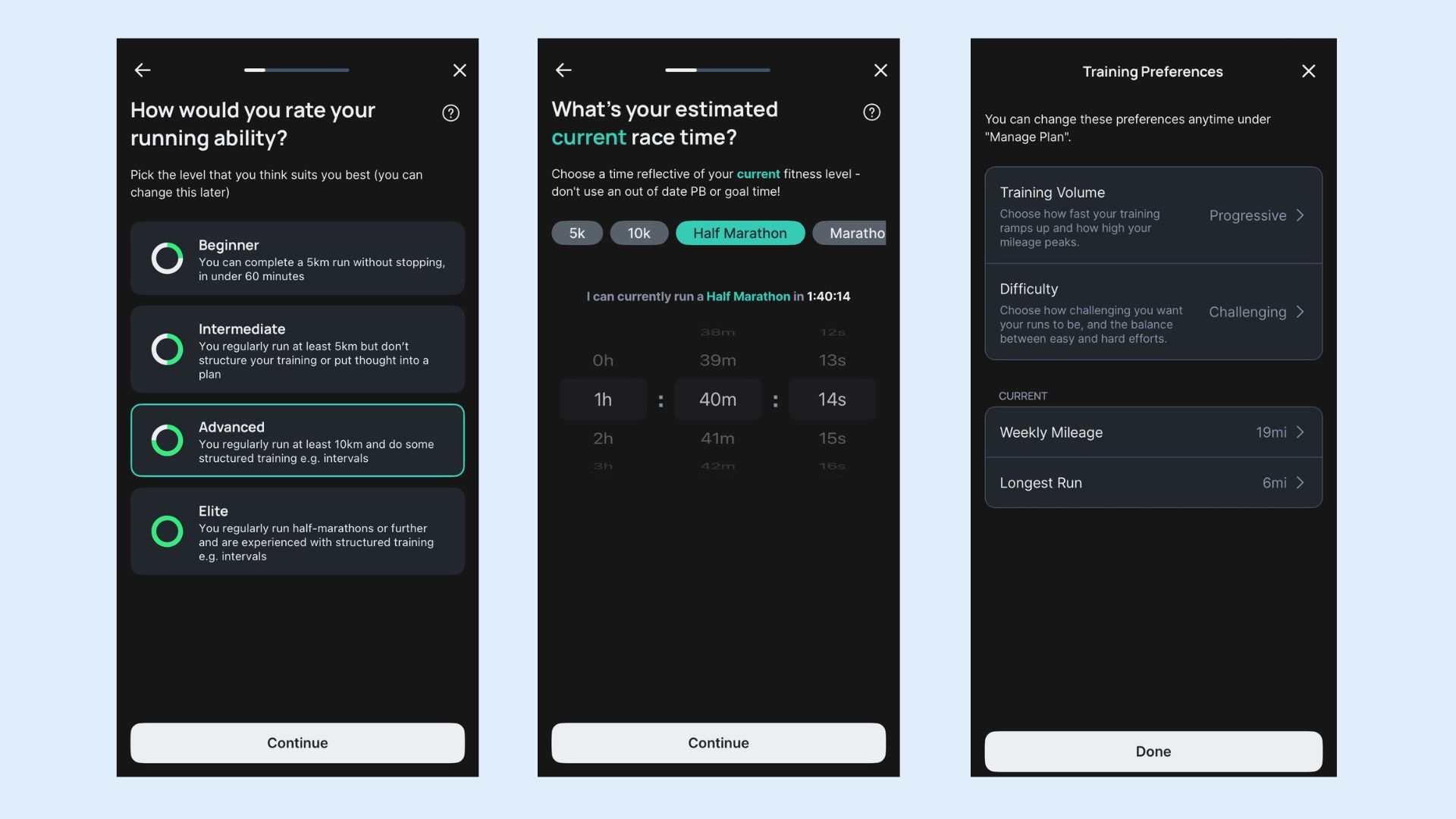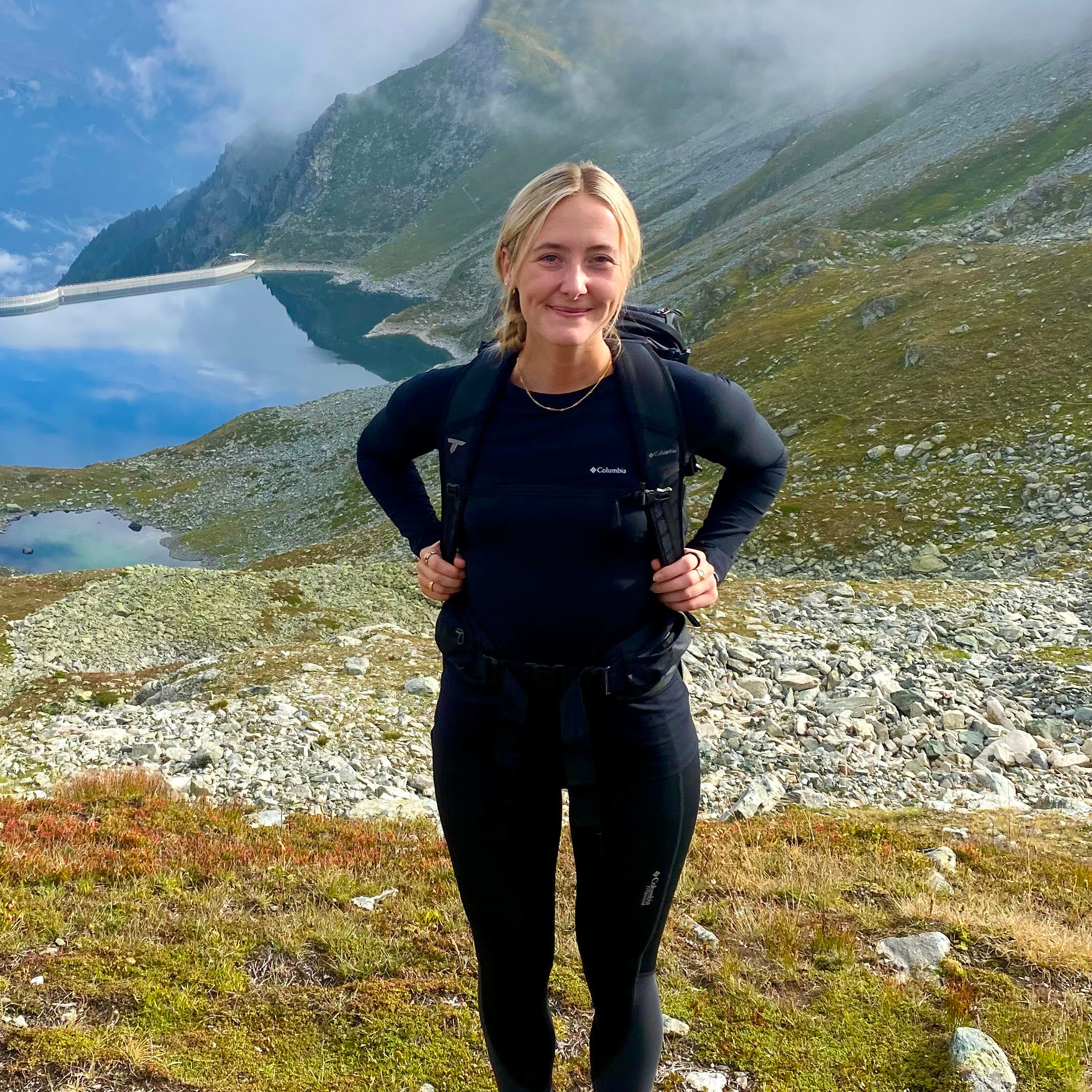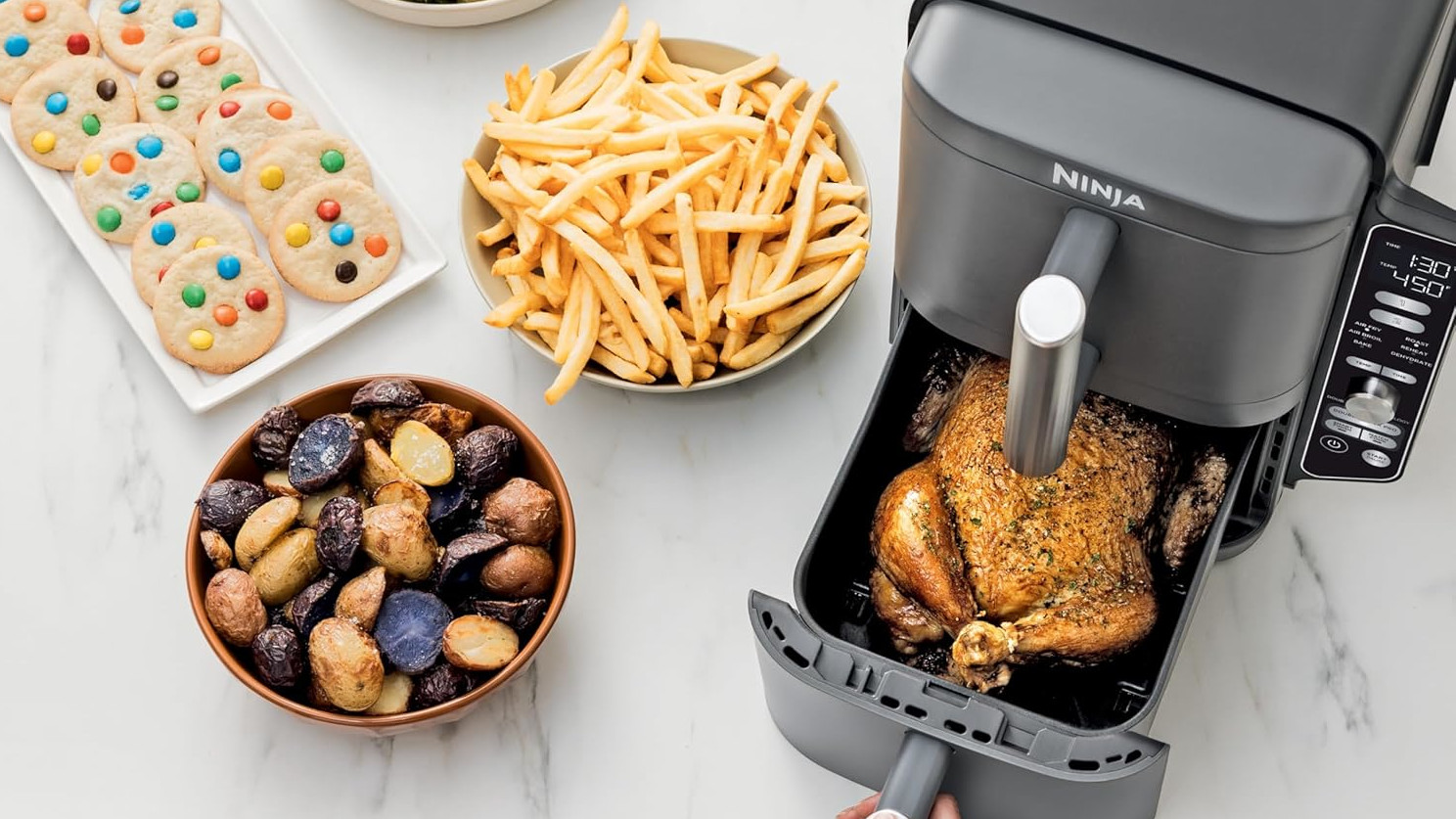I trained for my first trail half marathon with Runna — and it paid off
Runna coached me through my first trail event. Here's how it went.

Here at Tom’s Guide our expert editors are committed to bringing you the best news, reviews and guides to help you stay informed and ahead of the curve!
You are now subscribed
Your newsletter sign-up was successful
Want to add more newsletters?

Daily (Mon-Sun)
Tom's Guide Daily
Sign up to get the latest updates on all of your favorite content! From cutting-edge tech news and the hottest streaming buzz to unbeatable deals on the best products and in-depth reviews, we’ve got you covered.

Weekly on Thursday
Tom's AI Guide
Be AI savvy with your weekly newsletter summing up all the biggest AI news you need to know. Plus, analysis from our AI editor and tips on how to use the latest AI tools!

Weekly on Friday
Tom's iGuide
Unlock the vast world of Apple news straight to your inbox. With coverage on everything from exciting product launches to essential software updates, this is your go-to source for the latest updates on all the best Apple content.

Weekly on Monday
Tom's Streaming Guide
Our weekly newsletter is expertly crafted to immerse you in the world of streaming. Stay updated on the latest releases and our top recommendations across your favorite streaming platforms.
Join the club
Get full access to premium articles, exclusive features and a growing list of member rewards.
Of all the best running apps living on my phone, Runna has been the one I’ve used the most over the past couple of months. Even if you’ve never downloaded the Runna app and tried it for yourself, someone on your Strava feed probably has because it’s become a go-to for runners of all abilities chasing a goal.
I used Runna to train for my first-ever marathon and a handful of other road races, and went from being a pretty average runner with little structure in my training to picking up my pace and understanding more of the science behind becoming a better runner.
So when it came to tackling my first trail race, I put my trust in Runna again and signed up for an eight-week training plan to get me ready for the woodland routes of the Altra Kielder Half Marathon. Here’s how it stacked up over eight weeks of training.
I could work the app into my current running structure
Coming off a not-so-pleasant second marathon experience earlier this year, I’d taken a much more relaxed approach to running over the summer. I stopped worrying about pace and ran purely for the mental boost, and in doing so fell in love with trail running.
The only problem was that while I was soaking up every glorious woodland mile and testing out some of the best trail running shoes, I didn’t have any structure to actually train for my first trail race.
Enter Runna, the training plan app that lets you plug in your race or running goal, timeline, current running frequency and distance, goal time, preferred training days, and even add a strength plan. The app has a library of major race events, so when I told it I was training for the Altra Kielder Half Marathon, it already knew it was a trail race with some elevation and factored this into my plan.
It’s also worth noting that you can mark holiday periods in your training block, and the app will adjust your plan to schedule lighter weeks around them.
Get instant access to breaking news, the hottest reviews, great deals and helpful tips.

When I first used Runna about three years ago, my main gripe was how intense the plans could be. It would base your training paces on a single recent time, which could set unrealistic targets if you hadn’t run seriously in a while or were new to running. That has changed.
The app now asks more about your current running frequency and distance, and you can set training preferences for volume, choosing gradual, steady, or progressive, and for intensity, choosing comfortable, balanced, or challenging. This made me feel confident that the plan would fit where I was at with my running and support me as I returned to structured training and tackled a new type of race.
It incorporated hills into the plan
As much as hills and running together equal pain, if you sign up for a trail race, it’s unlikely you’ll face a flat route. Helpfully, the app knew the specific event I was training for and its elevation profile, and tailored my training to prepare for this. But even if it doesn’t recognize your race, I'm sure you can manually add this data.
I won’t lie, these are tough going, but they’re brilliant for building endurance and strength.
My eight-week plan included a mix of progressive long runs with hills built in and a dedicated hill repeat session. I won’t lie, these are tough going, but they’re brilliant for building endurance and strength. Call me mad, but I actually would have liked even more hill sessions sprinkled into the plan. I assume the number was tailored to my race’s elevation gain, so the higher that figure, perhaps the more climbs you see in a plan.
What I really liked is how the app structures the hill repeat sessions. You work to time, not pace, and the built-in rest intervals let you get back to the bottom of the hill and tell your watch you’re ready for the next rep.
It's the most relaxed I've felt for a race
I was surprised at how calm I felt ahead of my first trail race. Usually, there’s a phase in a training block where your performance feels off and you start talking yourself down. Then, as race day approaches, it’s normal to get jittery when you start to panic and wonder if you could have done more.
This time, however, the week and weekend of the Kielder Half, I felt genuinely relaxed. Part of my calmness came from the nature of trail running itself, which is less about speed and more about handling terrain and incline. At the same time, I think the Runna plan made a real difference and left me feeling very prepared for the race.
That preparation really showed on race day. My body felt ready for the distance and the challenges of my first trail race, and I found myself hardly looking at my watch. I could focus on my footing and soak in the woodland trails around the lake, which felt like a literal breath of fresh air compared with the intensity of road races.
I finished about 10 minutes off my target time, but I wouldn't point the blame at the plan; I had an absolute blast on the course. I had admittedly skipped a few easy runs and neglected most of the strength work, which certainly played a role. What mattered most was that I felt ready, relaxed and strong before and during my first trail race, and I have Runna to thank for much of that.
Follow Tom's Guide on Google News and add us as a preferred source to get our up-to-date news, analysis, and reviews in your feeds. Make sure to click the Follow button!
More from Tom's Guide
- I asked a coach for the single best strength exercise for runners and this was his pick
- These 3 running shoes defined my marathon training this year — here’s why they worked so well
- A certified coach reveals the 8 exercises football players swear by for total-body strength

Jessica has been a fitness writer at Tom’s Guide since 2023, bringing three years of experience writing about health, fitness, and the great outdoors. Her passion for exercise began during her childhood, where she spent weekends hiking and competing in local athletics club events. After earning a master’s degree in journalism from Cardiff University, Jessica found the perfect way to combine her love of storytelling and fitness into a career.
Jessica is passionate about testing fitness gear and tech, using her reviews to help readers make informed buying decisions. She ran her first marathon in April 2024, finishing it in 3 hours and 48 minutes. Through her training, she’s developed a deep understanding of what it takes to grow as a runner, from effective workouts and recovery techniques to selecting the right gear for every challenge.
When she’s not at her desk, Jessica enjoys spending time in the kitchen crafting new recipes, braving cold water swims and hiking.
You must confirm your public display name before commenting
Please logout and then login again, you will then be prompted to enter your display name.
 Club Benefits
Club Benefits










